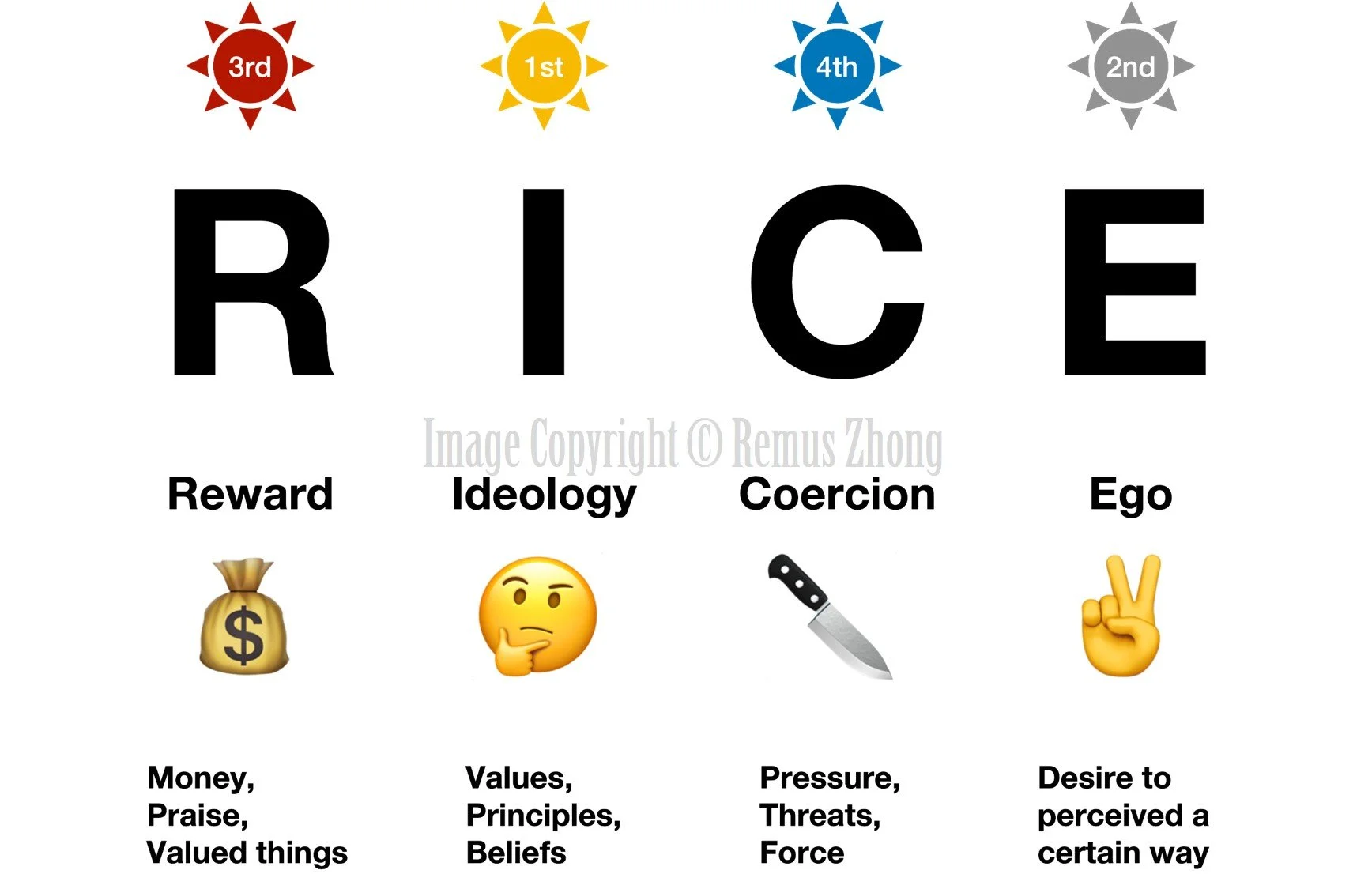With Pokémon Go going strong in Singapore, especially with it being launched on the weekend before National Day (a public holiday), Pokéhunters have been plying the streets in search of their favourite digital creatures.
So what exactly makes it so attention-absorbing? Why do people walk with phones in their faces (more than they normally do)?
I decided to find out by becoming a Pokéhunter myself and I can tell you straight up that it was an interesting experience. As mentioned in my previous post, I was never interested, much less a fan of the Pokémon series. No offense to the fans, it's just that I didn't see the appeal.
Pokémon Go, however, isn't entirely branded as a typical Pokémon game. The melding of real-world locations, augmented reality (though I never turned the camera on) and a well-thought-out and well-executed delivery made it a pioneer in what will likely soon become a new branch of gaming.
When I played the game, I found myself constantly wondering about two questions:
1) What Pokémon will I encounter next?
2) Where do I get those elusive Pokémon that I don't have yet?
From the first question came a series of other related thoughts:
1a) Let's keep the game open (with the screen blacked out using the Battery Saver option) so I can be alerted of the next spawn in the area.
1b) Oh! I'm near a Pokéstop. Let's go get some free stuff. (This is when navigating towards the stop requires me to constantly look at the screen, unless I am familiar with the area. It's also necessary on a bus or in a car, which can pass stops before stuff can be collected. Also, this thought becomes more urgent when I run low on Pokéballs. I've never run out, though. Yet.)
1c) There's a lure! Need to get there before it runs out. (This is essentially a combination of 1a and 1b)
From these thoughts, it isn't difficult to see why players of the game glue their eyes to their screens. Thought 1a is particularly absorbing because the capture of a Pokémon, particularly one that you've never caught before, gives the hunter a feeling of great satisfaction (especially if it's rare).
The reward is both intrinsic (satisfaction at a skilled throw of a Pokéball, getting the catch in one try, or finding a rare Pokémon) and extrinsic (a new Pokémon, along with resources for future upgrades). The best part is, there are still many more to catch, so the rewards are available for the foreseeable future, spurring the player on.
Related to the second question are these thoughts:
2a) Let me ask my friends, fellow hunters where they got their rare catches. Or, I could look it up on the internet.
2b) Let's join a hunt with others to get them. If we scan a larger area, we may find it more easily. (The GPS can place two people who are walking side by side in real life a little further apart on the map than they really are. This allows the scanning of more area at a time.)
These seem to encourage a more social way of playing the game. You hope that you can get answers from someone, and that others are having difficulty finding the elusive ones as well, so you will all be in the same boat, so to speak.
To get the elusive Pokémon, my thoughts eventually return to question 1 once I figure out where I might be able to find the missing ones from my Pokédex - an index of all the Pokémon that can be caught in the game.
All in all, the game is sufficiently rewarding to keep playing, not too difficult, so there is a low barrier of entry, and there is a real-life social aspect as opposed to the cyber-social interactions of most other games today.
The creators have brought something fresh and new to the market and consumers, hungry for something other than the 'same old thing, just in different packaging' are clambering all over it. This is something very different, something exciting, something that will spark new industries and products in the near future. As Seth Godin would say, this is a Purple Cow.
Whether you like the game or not, you can be sure that this will have a large impact on many aspects of everyday life. Too early to say? No, it has already begun.


